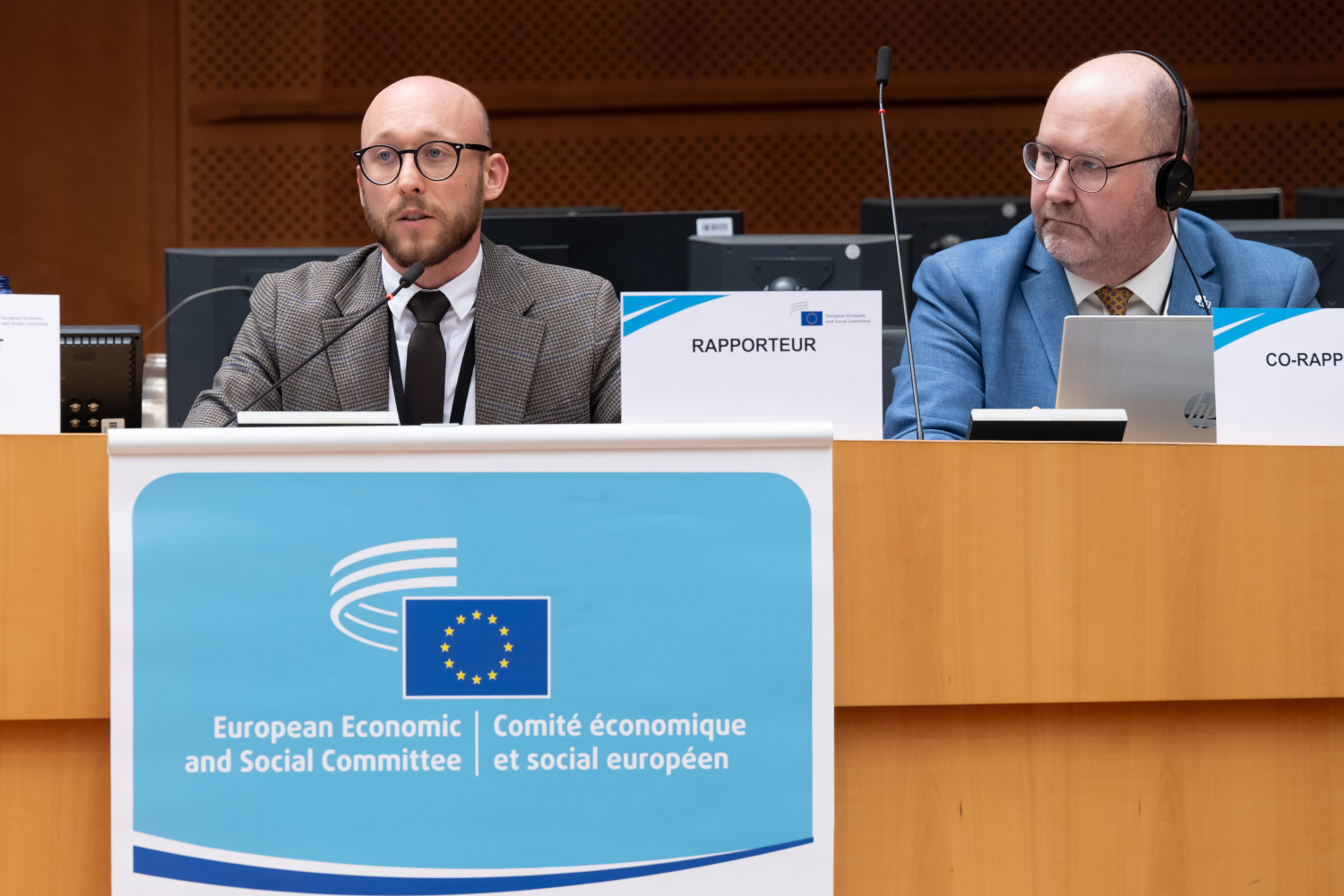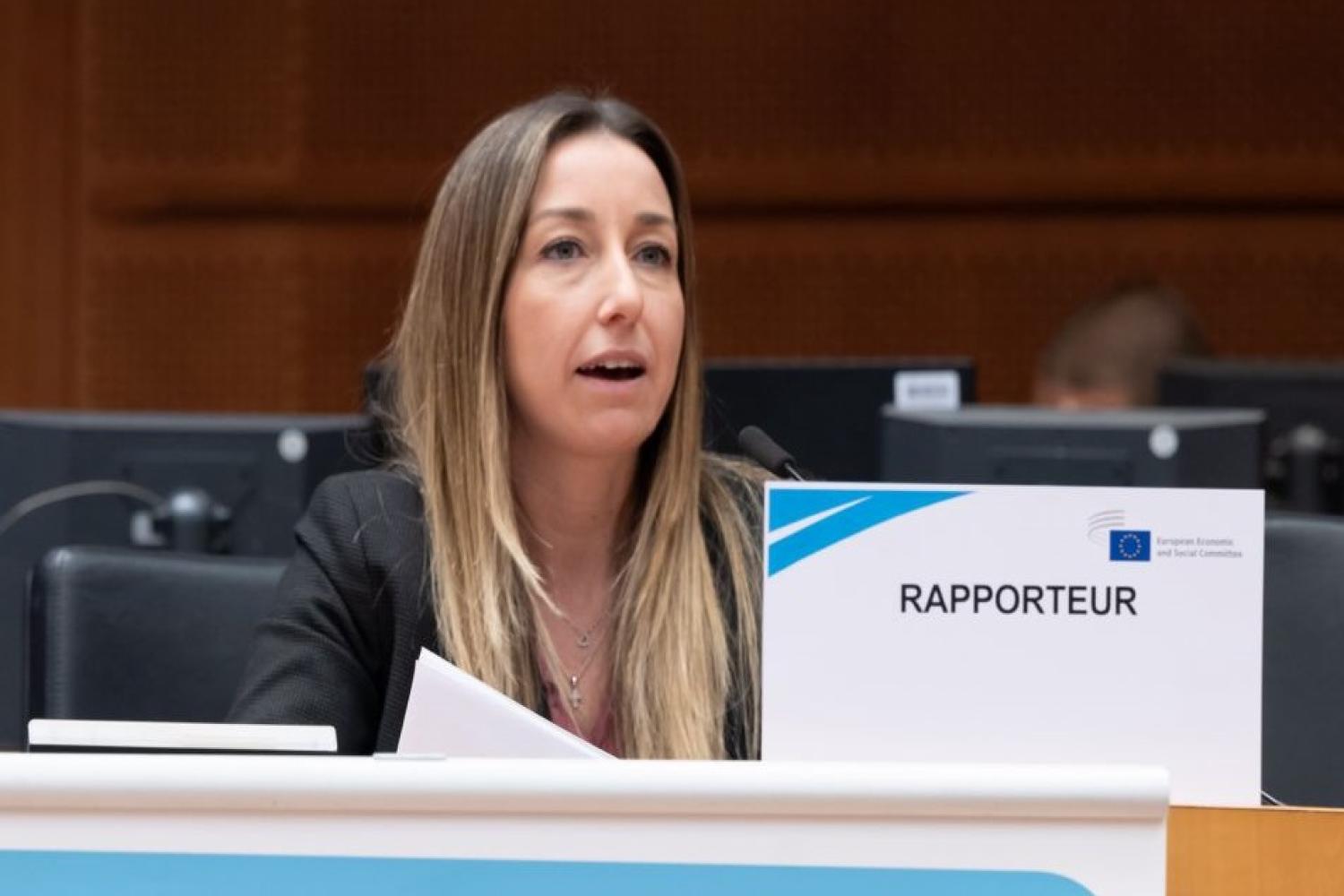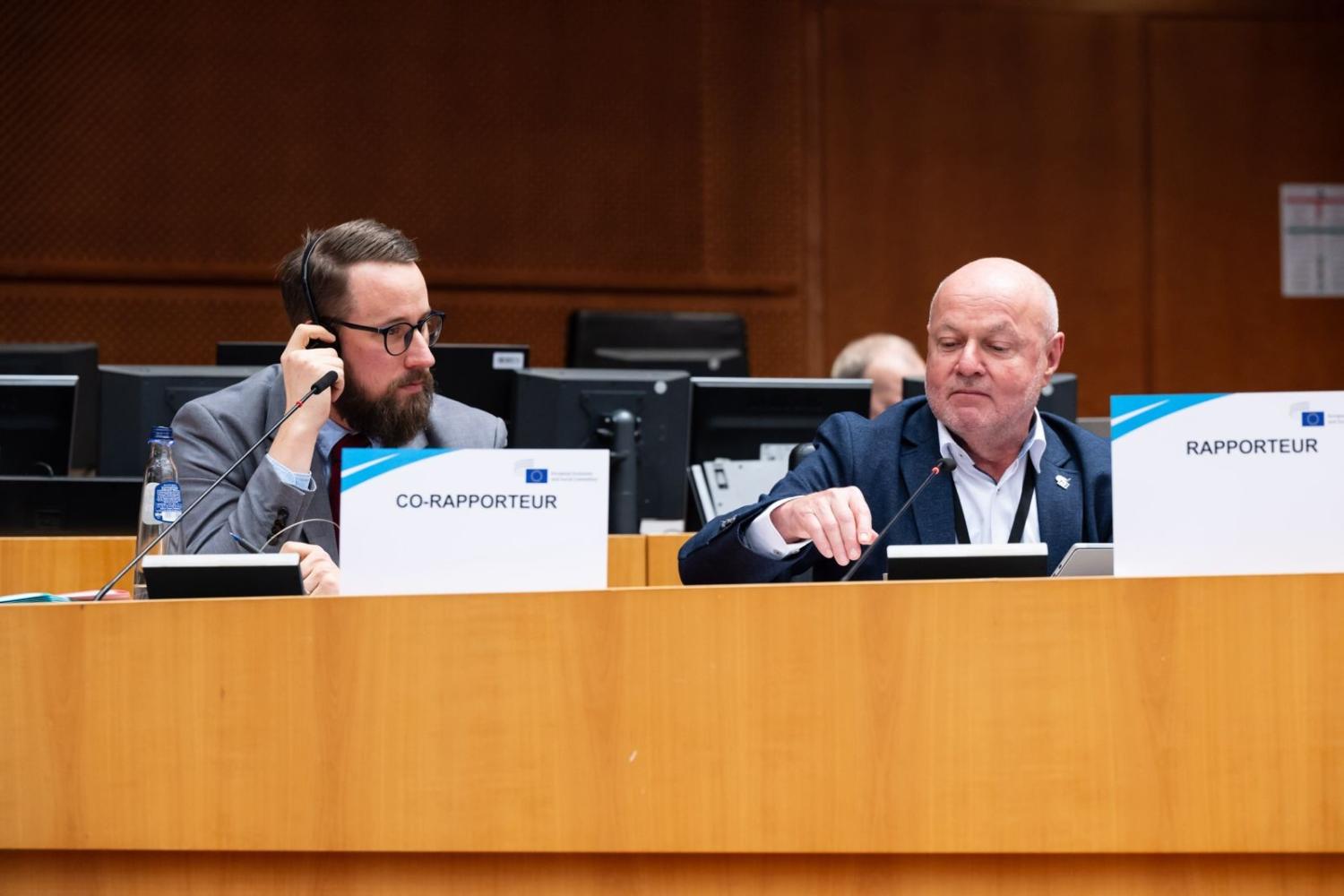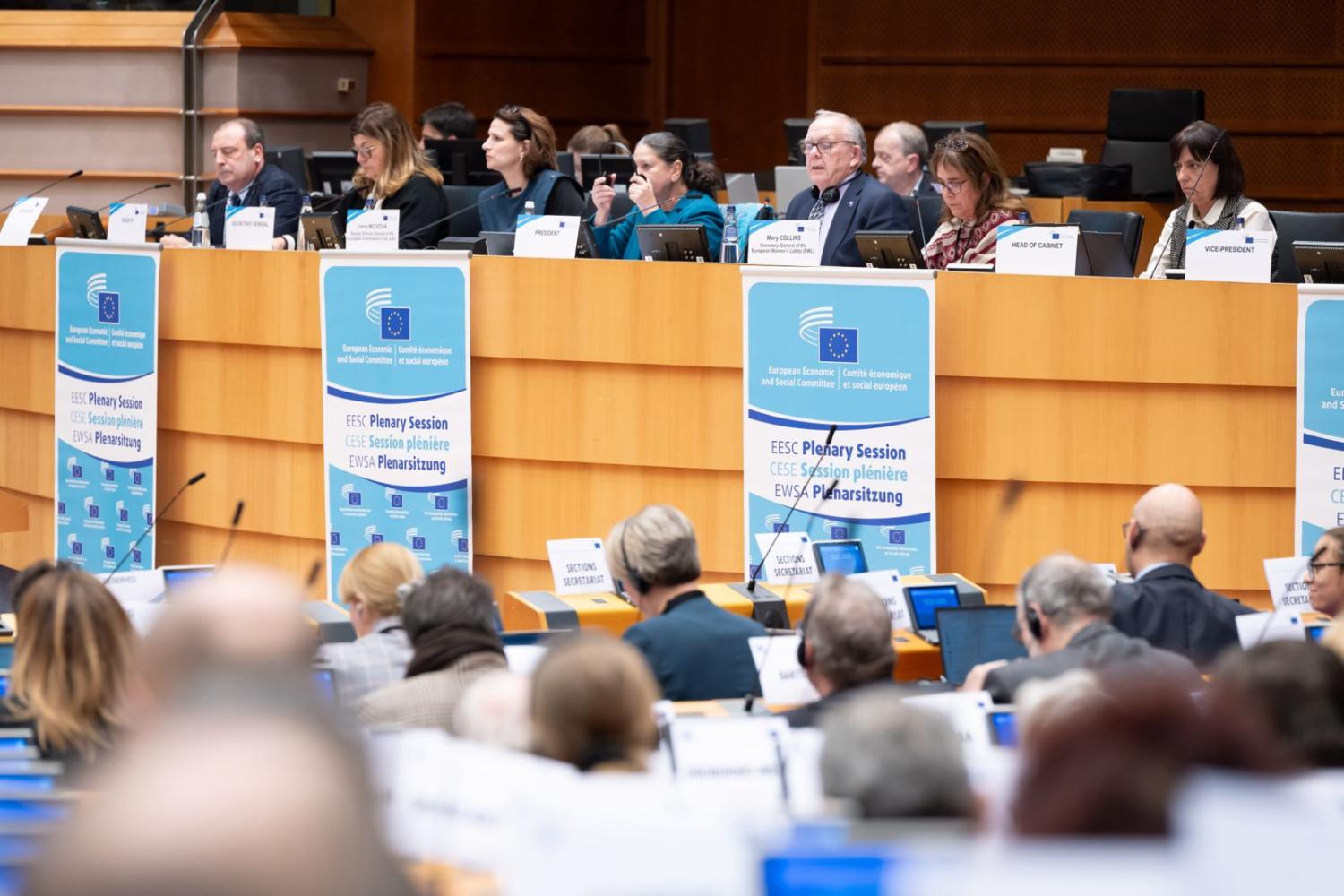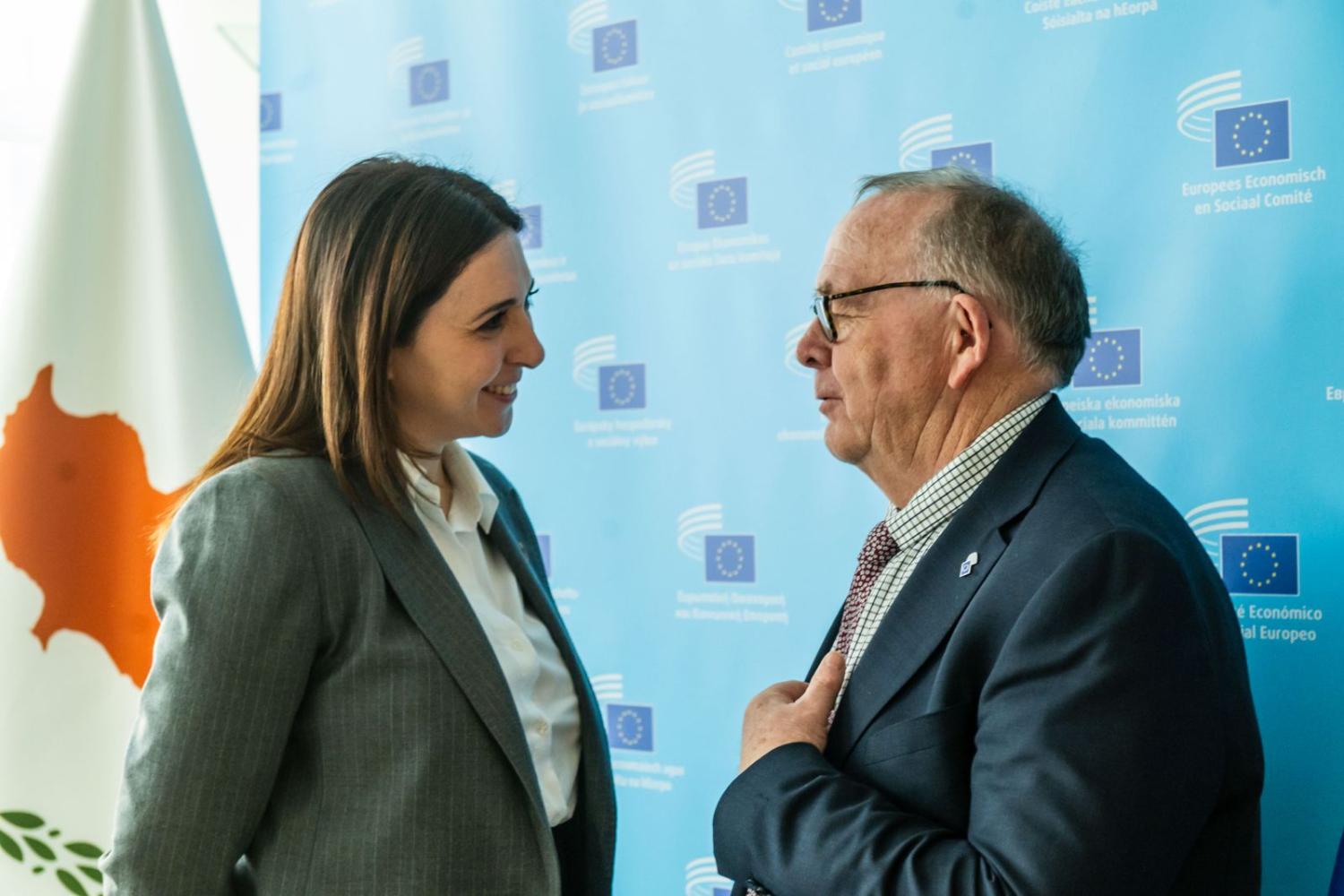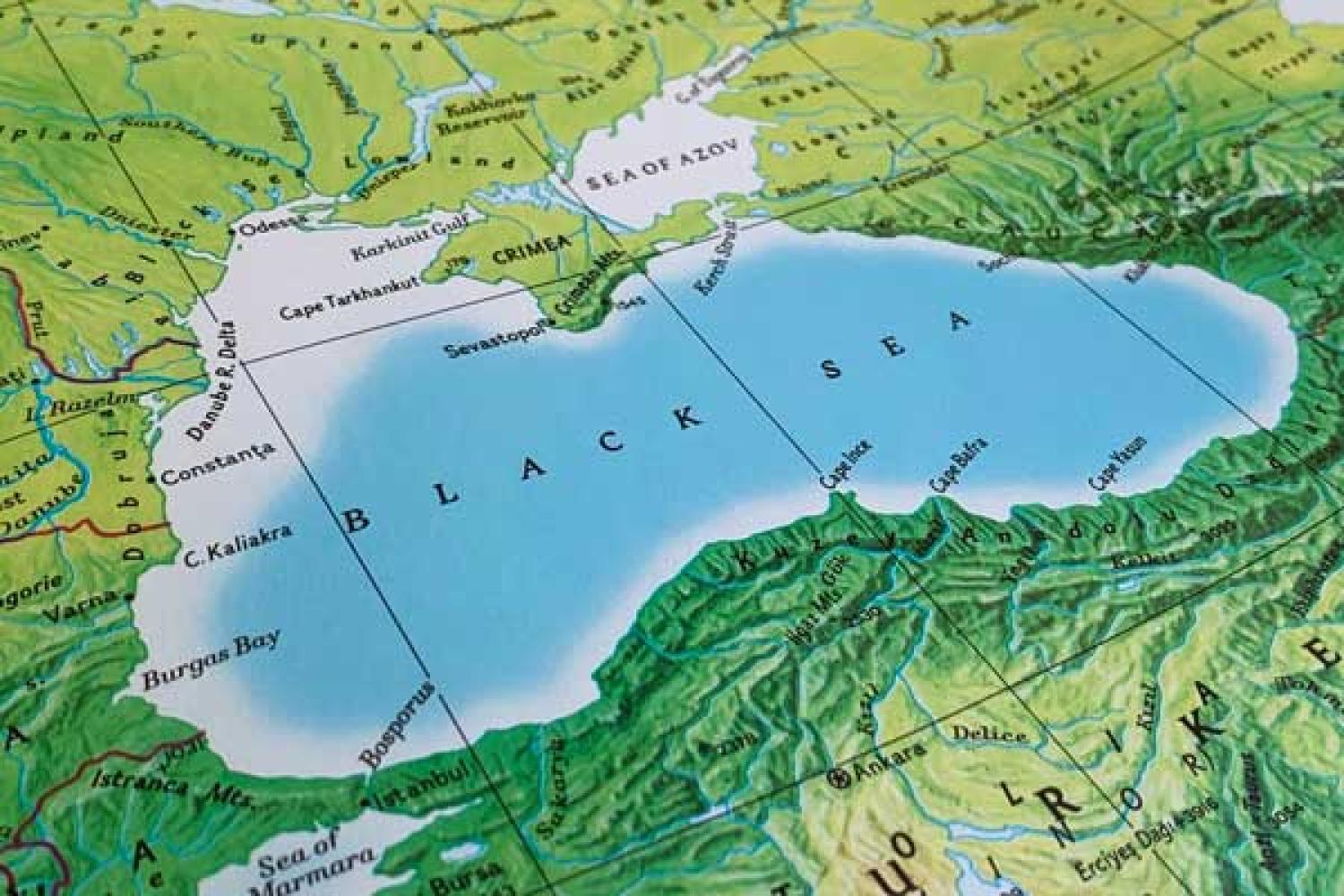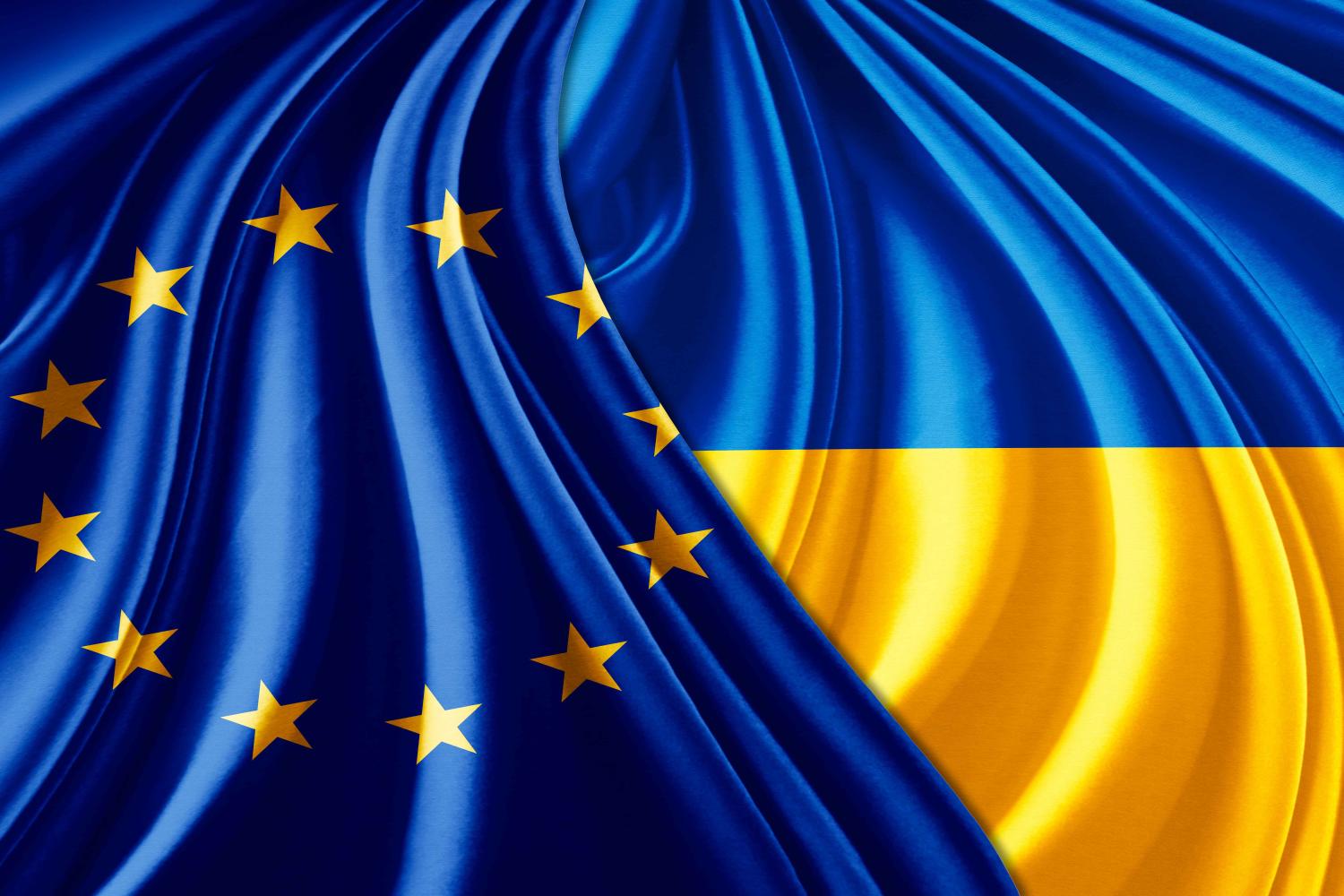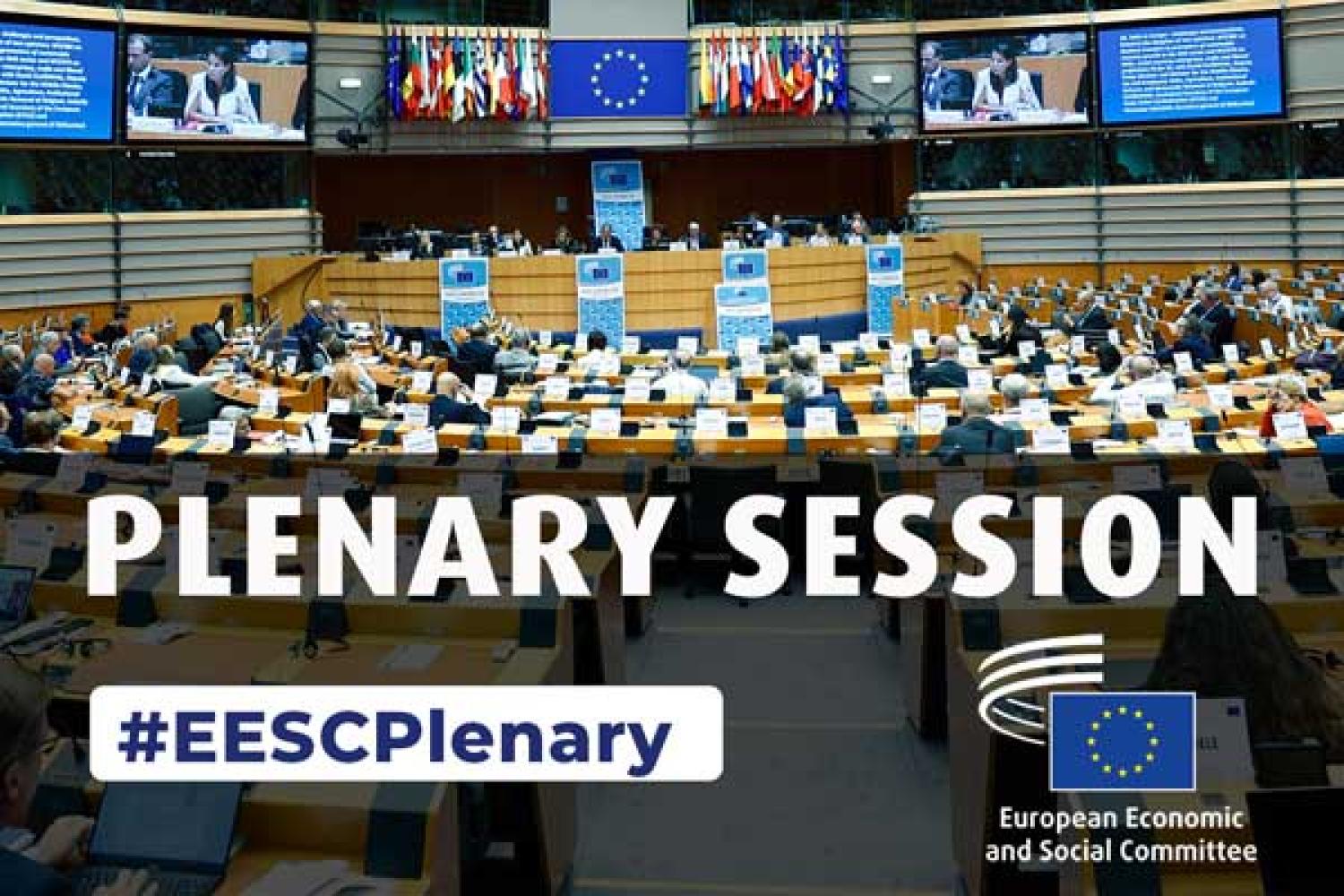The European Economic and Social Committee (EESC) is the voice of organised civil society in Europe.
It represents employers, workers and civil society organisations. The expertise of its 329 members helps optimise the quality of EU policies and legislation.
SEARCHING FOR SOMETHING IN PARTICULAR?
Current plenary session
Previous plenary session
Next events
Upcoming events
GROUPS
EESC Members work in 3 groups representing Employers (Group I),
Workers (Group II) and Civil Society Organisations (Group III).
SECTIONS
The EESC has six specialised sections and a Consultative Commission on Industrial Change. More about the sections and the CCMI


